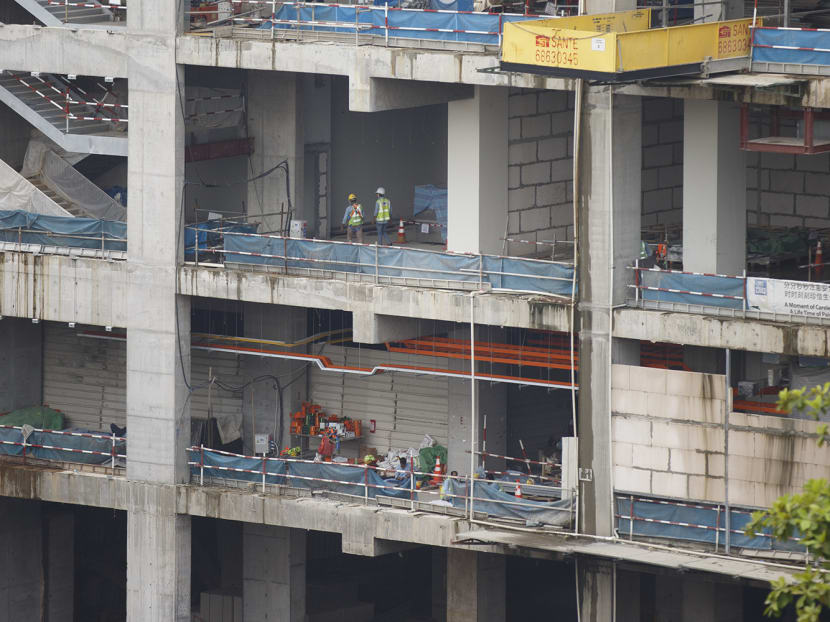Learn from the SAF in managing workplace accidents
I read with disappointment the latest news of yet another worker dying as a result of a workplace accident, the 32nd workplace fatality in Singapore.
I read with disappointment the latest news of yet another worker dying as a result of a workplace accident, the 32nd workplace fatality in Singapore.
While there may be many reasons (from safety lapses to ground conditions), the Ministry of Manpower (MOM) may want to consider taking a leaf out of the Singapore Armed Forces (SAF) in terms of dealing with such incidents.
In 2019, following the death of Aloysius Pang during a training exercise in New Zealand, the SAF took an Army-wide safety time-out and also reduced the tempo of training in its three forces.
Chief of Defence Force Melvyn Ong was quoted as saying, "This reduction of training tempo following the safety timeout will be enforced for as long as it takes for us to get it right. And we want to do it right, we want to do it safe for every activity, we want to do it right every time."
Following this, an inspector-general's office was also formed within the SAF to oversee issues of safety during training. Since then, there have not been further reports of any fatalities in the SAF.
Given the similar physical nature of much of the work, particularly in the construction and marine industries, the MOM may also want to consider effecting a similar response like what the SAF did to ensure that safety is not compromised and that oversight at the highest levels is being exercised.
While the MOM has imposed safety timeouts (most recently in May) to relook at some work processes, it is unclear how this is being played out in specific industries or sectors.
Perhaps something more concrete can be done, such as a two-week basic safety training for all workers involved. This would definitely incur costs, but would send a strong message that safety cannot be compromised.
In the case of the SAF, all servicemen can call for safety stoppages when they spot any safety breaches during training. Likewise, our workers should be empowered — without fear or favour — to be able to make such calls and decisions whenever they spot potential safety transgressions.
To be certain, this would not be easy particularly given the diverse stakeholders involved, unlike the SAF which comprises a single organisation, but surely just because something is difficult to achieve should not mean we cannot do more.
Ultimately however, it is our mindset towards our workers which must change. In the same way we view every soldier as a son of Singapore, each of these workers — no matter where they come from — are human beings, fathers and sons, and ought to be accorded the dignity and respect of their trade.
Their presence in Singapore is not just to undertake jobs that Singaporeans do not wish to do, but more importantly, they are an integral part of our country's success. We owe this basic level of responsibility and care for them.







